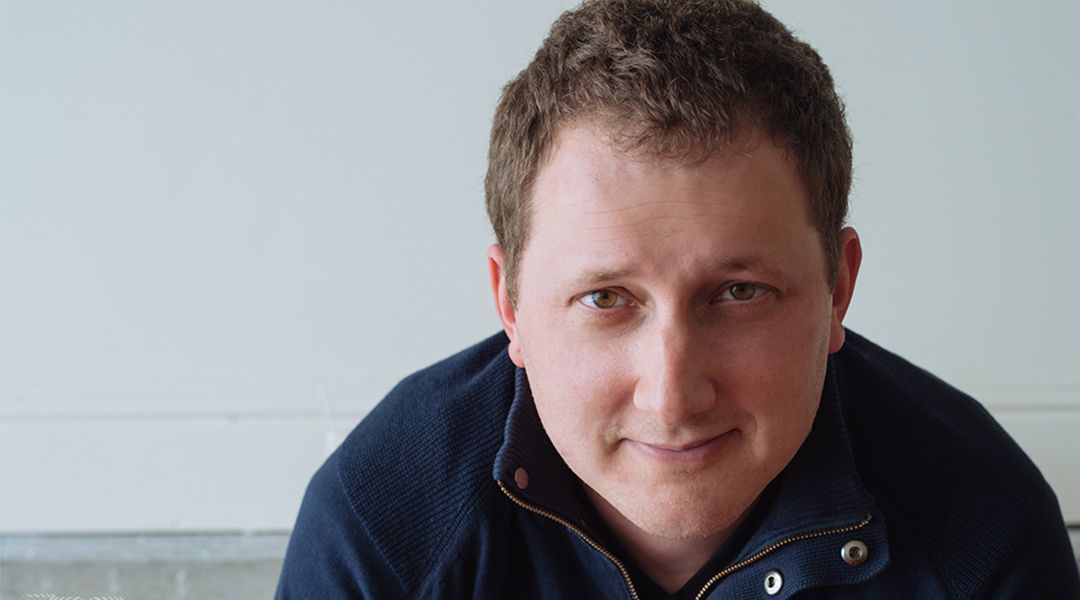Episode Summary
Imagine: A trusted mentor gives you $500,000 for your startup. The only problem? You don’t even have an idea for your company yet. This is the exact situation MasterClass co-founder and CEO David Rogier found himself in about eight years ago. Talk about a lot of pressure, right?
On this episode of “How I Raised It,” David talks about the inspiration for MasterClass and how he’s raised almost $240 million over six fundraising rounds. The most recent round, a Series E, was led by financial services giant Fidelity and totaled $100 million.
When his old boss (and professor) decided to invest almost half-a-million dollars in David’s future company, David was honored, thrilled, and downright terrified. After spending a year failing to come up with a decent idea, he was in a pretty dark place.
Finally, inspiration struck when he remembered a story his grandmother had told him many years ago. Her main lesson was clear: Education is the one thing people can’t take away from you. All of a sudden, David was determined to find a way to make expert-led education more accessible and affordable for everyone.
David raised his seed and Series A rounds before the MasterClass even launched. Eight months after the Series A closed, MasterClass went live. Over the next few years, David went on to raise a Series C, D, and E.
Also discussed in this episode: why David decided to raise two rounds before launching (and how he did it), how to pick the very best investors, why you shouldn’t send your pitch deck before the meeting, and more.
How He Raised It
💰 Who: David Rogier
💰 Company: MasterClass
💰 Where to find him: Twitter | LinkedIn
💰 Money quote: “Usually, the investors who offer you the best terms are the ones you least likely want to work with.”
💰 Noteworthy: Even though it’s rare, David recommends fundraising before launching. His trick to getting investors to buy in? Doing as many experiments and tests as possible so he could answer questions he knew investors would have.
Capital Gains
[8:55] Origin story 👉 David’s grandmother taught him that no one can take your education away from you. This inspired him to want to provide unparalleled learning opportunities for as many people as possible.
[10:45] The relentless pursuit for top-notch instructors 👉 It took at least eight to 10 months to get the first masters and celebrities to sign on to teach a class. David cold-called, sent emails, and bought last-minute cross-country flights to meet with people.
[15:10] Asking the students what they want 👉 The MasterClass team takes the view of the student. They are incredibly invested in figuring out what people want to learn, which is relatively unheard of in traditional education.
[22:26] In the beginning, raise on your vision, not your metrics 👉 Your numbers out of the gate will never be great. You need enough funding to improve them.
[29:16] Respect investor intuition 👉 They typically know pretty early on if they’re interested in a company or not, and you probably won’t be able to convince them otherwise.
[29:47] Choose investors who’ll be good board members 👉 Having a bad board is one of the worst things you can do as a company.
[31:10] Backchannel, backchannel, backchannel 👉 Talk to other entrepreneurs who have the same investor on their board, specifically for companies that have failed or aren’t doing well.
[35:57] Do whatever you can to not send decks at the beginning 👉 Every investor will push you to do it, but it’s very hard to get a “yes” by sending a deck beforehand, unless you have Uber-like traction early-on.
[39:58] Presenting on Zoom? Throw out your traditional pitch 👉 Listening to a pitch over the phone or video sucks. Don’t talk for the entire hour. Break it up, be more engaging.
[42:53] Find entrepreneurs who’ve been in your shoes 👉 At each stage, look for founders who were in your situation a year ago. Show them your pitch deck, get feedback, and seek advice.
Top Quotes From the Episode
“What drives me is, I don’t want to be on my deathbed — in hopefully a long period of time! — and think that I didn’t try to make the world a bit better.”
“Once somebody invests, they aren’t going to go away. It’s easier to get a divorce than it is to get rid of a big investor.”
“I think sometimes, our instincts as entrepreneurs is to lean away from things we’re ashamed of or behind on. But if you actually lean into it, it’s a sign that you understand what the big risks are and that you are tackling them.”


